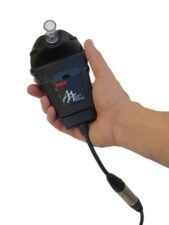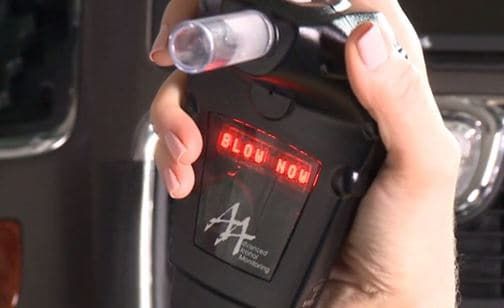 Drinking and driving is a mistake, but it’s a mistake that a lot of people who get stopped for driving under the influence (DUI) really don’t want to take responsibility for. The laws are designed so that the penalties are severe, and that’s one of the reasons why offenders will attempt to find loopholes to avoid having to face the consequences.
Drinking and driving is a mistake, but it’s a mistake that a lot of people who get stopped for driving under the influence (DUI) really don’t want to take responsibility for. The laws are designed so that the penalties are severe, and that’s one of the reasons why offenders will attempt to find loopholes to avoid having to face the consequences.
With every law come loopholes people will use to try to get around it, and that’s never been truer than with ignition interlock and driving under the influence (DUI) laws. Take Wisconsin for example—after years of attempting to stop drunk drivers from becoming repeat offenders, lawmakers in the state think they’ve finally found a way to stop people from continuing to drink and drive.
Right now, first time operating while impaired (OWI) offenders in Wisconsin are required to install an ignition interlock device for one year if they have a blood alcohol concentration (BAC) of .15% or higher. Repeat offenders are also required to install an ignition interlock for a minimum of one year.
But drivers were able to get around the ignition interlock requirement in a very simple way—when they were ordered to install the device, they had to designate a vehicle in which they’d have it fitted. If they were caught driving in a vehicle that wasn’t theirs and that didn’t have an ignition interlock device, it wouldn’t be a criminal offense. Instead, it would be like a operating during suspension, and that’s a pretty mild violation.
Wisconsin lawmakers want to close that loophole by attaching ignition interlock requirements to driver’s licenses. If an offender receives an OWI in Wisconsin, they’ll also receive a designation on their restricted license that indicates they’re required to use an ignition interlock device at all times and in all vehicles. If you were caught driving without one, you would be up for a criminal offense.
If passed, drunk drivers in Wisconsin who do the crime will have to spend their time with an ignition interlock, and it could happen soon because the bill will be under debate come fall.
